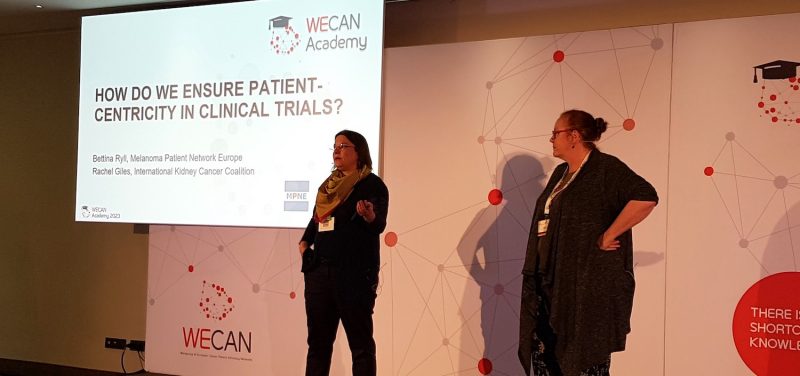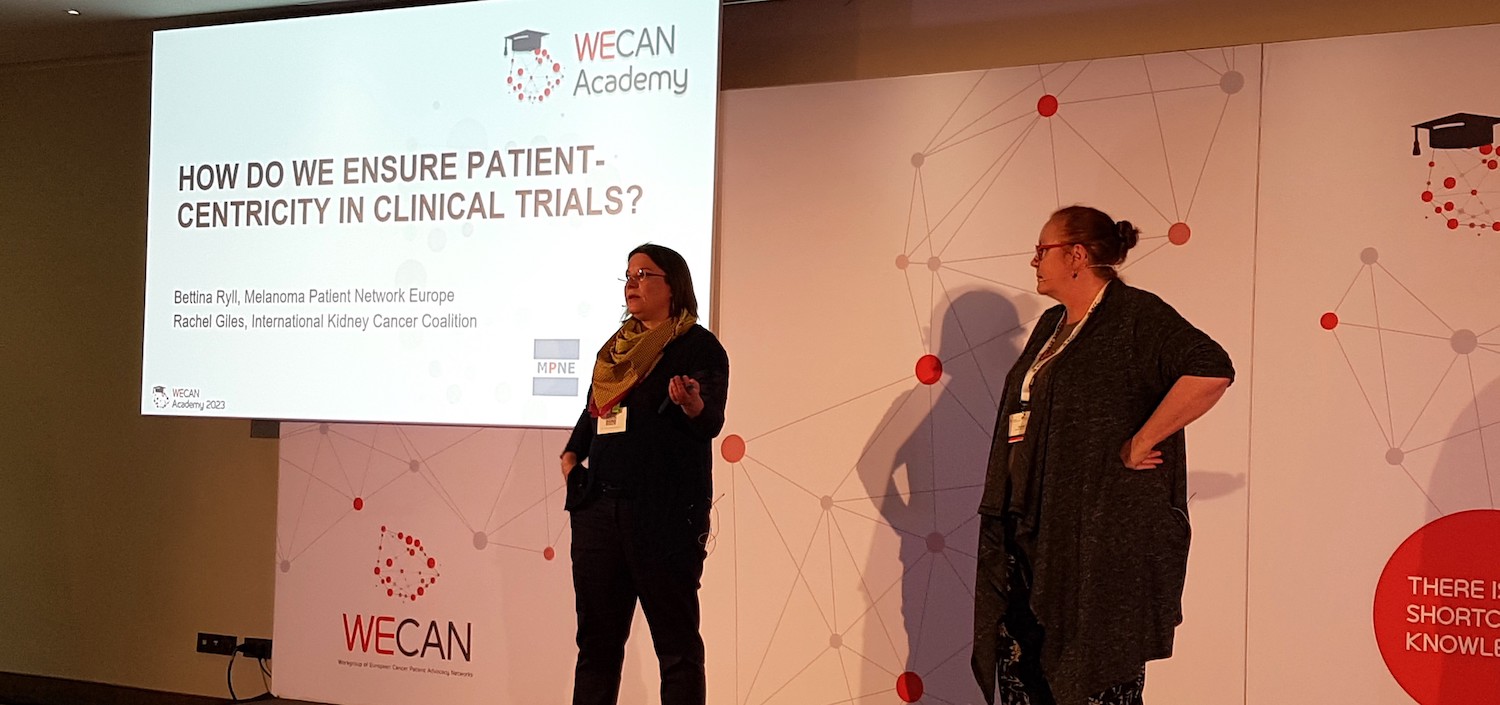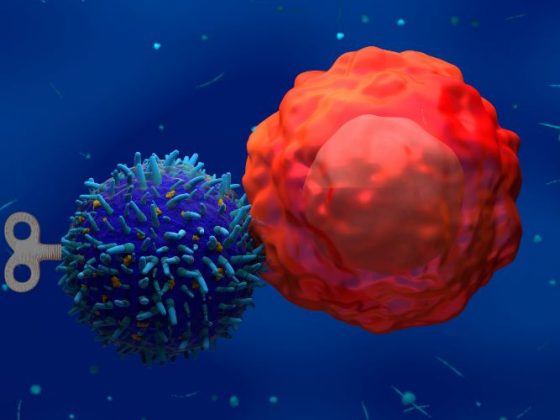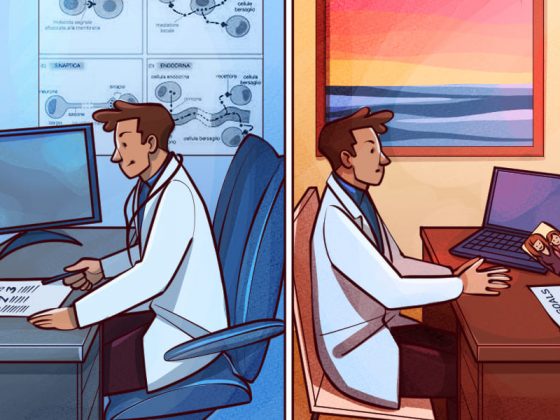Patient advocates for a wide range of cancer communities across Europe spent four days at the start of July honing the skills they need to influence the policy, research and healthcare decisions that matter to them.
This was the second face-to-face ‘Academy’ run by WECAN, the Workgroup of European Cancer Patient Advocacy Networks, a platform for groups doing patient advocacy around different cancer types to collaborate around issues they share in common. The agenda and the profile of participants reflected significant developments in the European cancer environment since the first WECAN Academy was held back in 2019.
Progress in the clinical and healthcare environment, such as in access to next generation sequencing and the use of molecular tumour boards, was reflected in the participation for the first time of an advocate for the Cancer of Unknown Primary patient community.
“We are very passionate about access to personalised diagnostics, with the promise of personalised oncology,” Warnyta Minnaard, founder of Dutch advocacy group Missie Tumor Onbekend (Mission CUP cancer) and co-founder of the World CUP Alliance, told Cancerworld. “We’re in a new era when much more molecular testing is taking place. For patients with a missing primary tumour, access to their genetic information can give access to new treatments, so that’s really huge for us. Which also requires us to work on policy changes because it has to be implemented in many countries.”
More generally, there was a strong attendance among advocates for more rare cancers – sarcomas, ocular melanomas, neuroendocrine tumours – all looking to improve their capacity to ensure that developments in precision medicine and a widening array of immunotherapies deliver big improvements for their respective communities.
Developments in the European policy environment, not least the ambitious research programme backed by the EU Cancer Mission and EU4Health programme, and crystallised in the launch of the Europe’s Beating Cancer Plan in 2021, were also reflected at the Academy.
Lidiya Vitanova, a Bulgarian advocate who founded Together Fighting Sarcoma after losing her teenage son to the disease, attended the WECAN Academy to improve her group’s effectiveness in campaigning for her government to implement EU policy on designating reference centres for rare cancers that can link into specialist European Reference Networks. Despite living in the capital, Sofia, when Vitanova’s son needed urgent access to doctors and clinics that understood his rare disease and could deliver the specialist diagnostics and treatment he needed, they searched in vain. The establishment of a rare cancers reference centre, that could link into national reference networks and develop local expertise, she believes, could avoid future patients having to go through what her family did.
Influencing the policy agenda was also a priority for Birgitte Huibregsten, from the Dutch Rare Cancer Patient Platform. The Dutch Cancer Plan for the next 10 years is currently in development, she said: “I’m trying to get a better perspective for rare cancer patients.” She particularly valued the sessions on how to find the evidence to argue her case, and then we should really have a good conversation and a good story to tell to influence the debate.
The content of the Academy also reflected developments in the European cancer research environment, with presenters able to pass on the experience gained over recent years through early and full participation in numerous projects, including access to precision medicine, access to clinical trials, standardising methodology for measuring patient reported outcomes, and the principles and processes of access to patient data within the proposed European Health Data Space.
Evidence-based advocacy
“Evidence-based advocacy is our mantra,” Rachel Giles, a physician scientist, cancer survivor, and now head of the International Kidney Cancer Coalition, who helped develop the four-day course, told Cancerworld. “Great advocacy always begins with passion. So, every single person at the academy has that element, and that really makes it a special – a unique – place to be. What they don’t always have is skill sets… We are trying to help people that have the passion and experience in a cancer patient setting, either as a caregiver or a person who has been affected directly by cancer, and train them to, based on evidence, reflect their opinions and their perspectives, so they can be integrated well into medical policy and decision making. And this is not something that is an easy or obvious task.”
Securing access to treatments: basic and advanced skills
Sessions were split into more basic and more advanced levels. On the topic of presenting the patient perspective in forums making decisions about access to new treatments, one presenter advised advocates not to feel they necessarily need to get to grips with the all the higher-level health economic discussions, “Focus on why it is important to patients,” advised Neil Bertelsen, an HIV patient advocate with long experience in these discussions, “Sometimes patients can come with a completely different concept of value that changes minds.” He cited an example of how advocates had flipped a decision on reimbursing a drug whose benefit was to delay symptoms by a few years. “The HTA panel were arguing that the cost was too much to pay for delay of something that will happen anyway. But the advocates changed their mind by citing evidence from their community to show that the delay would have a lasting impact: ‘This disease hits in our later teens and early twenties. We need those years to get our lives together, start relationships, land our first jobs.”
But there was also a session that sought to equip advocates to participate in those higher-level health economic discussions, to enable them to influence discussions about the methodology used to assess the value of a new drug. Advocates do also need the skills and confidence to be able to question assumptions about the cost side of the equation, argued Zack Pemberton-Whiteley, of the Acute Leukemia Advocacy Network. He presented the example from his own experience of assessing the value of combination treatments – which are increasingly the norm in cancer care today. “If there is a backbone, and the new additional drug keeps patient alive for longer, the backbone will be used for twice as long. Maybe we should pay less for the backbone if it is used in combination, as the added length of use is not due to its own value.”
Getting more out of research: basic and advanced skills
A number of sessions trained participants in skills of how to read scientific articles, and understand how clinical trials work and issues in clinical trial design. But there were also sessions that looked at the need to influence the whole approach to research and clinical trials, to ensure the needs of patients take precedence.
Urgency is one consideration: is it OK to for clinical trials to happen sequentially, when developments in research are happening in parallel? “Clinicians need data, but patients need treatments,” said Bettina Ryll, a molecular biologist and founder of Melanoma Patient Network Europe, who was a member of the first EU Cancer Mission board. Patient advocates need to use their voice to argue that trials should not happen in isolation, but should take into account the whole landscape, she advised the participants. “[Trials] should be able to bounce off one another.”
Impact is another consideration. On the ‘push’ side, advocates were talked through how to map and prioritise the research needs of their communities along the patient pathway, to help influence the research agenda. On the ‘pull’ side, they were talked through ways to get the most out of research projects they might be invited to get involved with. With research funding increasingly tied to showing engagement with the patient community, patient advocates were advised that they have some leverage to insist that the findings will translate into benefit for their community.
This is about working with the researchers to develop a patient engagement plan that spells out the ‘next steps’ that must be undertaken, and by whom, to ensure the findings of the research don’t just end up as articles in a peer-reviewed journal. One example given was of an AI project designed to correlate how different treatment options worked out for patients with different demographic, clinical and genomic characteristics. Too often projects like that stop at the point when the data is collected, checked, and input into a programme that can do the correlations. Delivering value to the patient community – whose data was after all used for the project, Ryll pointed out – would require building in a next step of designing an app that patients can use to access information about how different options had worked out for ‘someone like them’.
The quality of the sessions undoubtedly reflected a lot of the experience and learning gained by leading European cancer advocacy groups, since the 2019 Academy, through their involvement in a range of EU backed research projects. These include the PCM4EU project, aimed at enabling access to training on personalised cancer medicine for a broad patient population as well as for practitioners, the Sisaqol project on establishing international standards in the analysis of patient reported outcomes and health-related quality of life data in cancer clinical trials, consultations over the European Health Data Space, and EuroACT (European Atlas on Clinical Trials in Cancer and Haematology), a trial initiated by WECAN to unveil differences in where clinical trials have been run across Europe and to describe which patient reported outcomes and quality-of-life instruments have been used in clinical trials, and how.
A key message was: give it a go, and give yourself space to make mistakes and to learn it’s not just about contributing to the specific goals of the specific projects, it’s about earning credibility and respect, and becoming a recognised influencer within the research and healthcare landscape.
The message clearly resonated with many participants, including Melanie Costin, a UK patient advocate with Fight Bladder Cancer, who started her advocacy work during the difficult days of the Covid-19 lockdown. “I’ve been on the support side of things,” she said. “More recently I have been asked to take part in lots of events, to speak, to get the patient voice out there. There were lots of areas that were missing for me, that I didn’t really understand, because I’m not from a medical background. You have to understand a little bit to be able to go to people with the questions.
“After coming here, my interest has changed quite a bit. I’ve heard about stuff I’m really interested in. For example, the research side of things. And we’ve been told that if you are not heard, then you shout louder, which is great. But if you don’t have the knowledge, then what are you shouting about? You’ve got all of this energy and you’re directing it towards nothing.
“I’m really interested in taking on a few more research things, because I’ve learnt such a lot about that. But above that, this has been the most amazing experience. I never imagined it would be like this. Cancer patient and carers. It’s like we’ve met family. It’s been the most wonderful environment, and honestly I feel so much better. And so much less alone, being a patient advocate, and so much less crazy, because there are other people like me, struggling along, and still trying to do something. I thought I was mad. Now I know there are others like me.”













1 comment
I totally agree when you said that a patient advocate needs to have the skills and confidence when it comes to the expenses or the financial aspect of the needs of a patient. I can imagine how that is a huge factor for the well-being of an individual, especially if they have a limited. And it would be great if those advocates would be able to provide an idea or alternative for the treatments they need to undergo if their budget is not able to afford the initial recommendation of doctors. https://www.calldoctorchris.com/patient-advocate
Comments are closed.